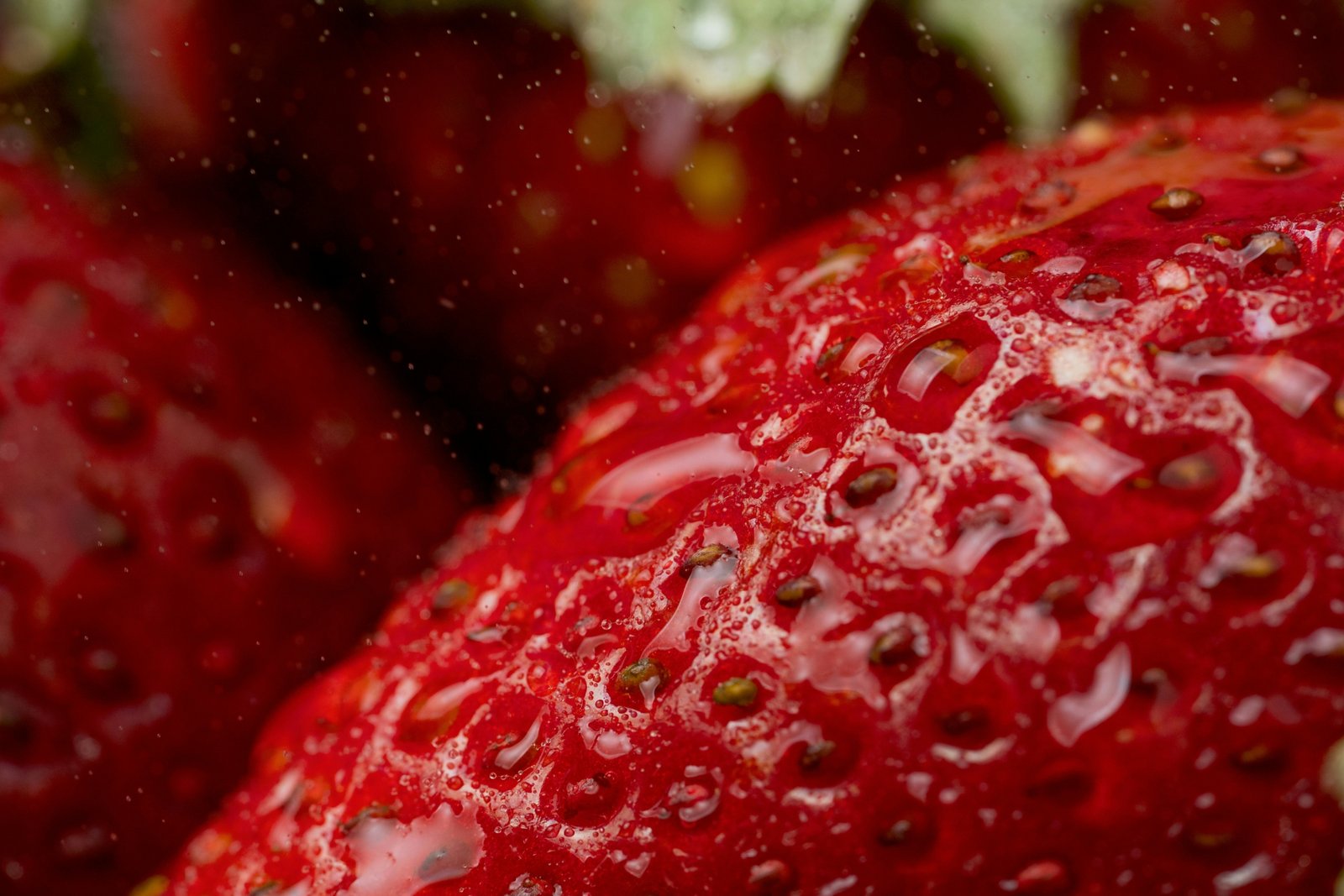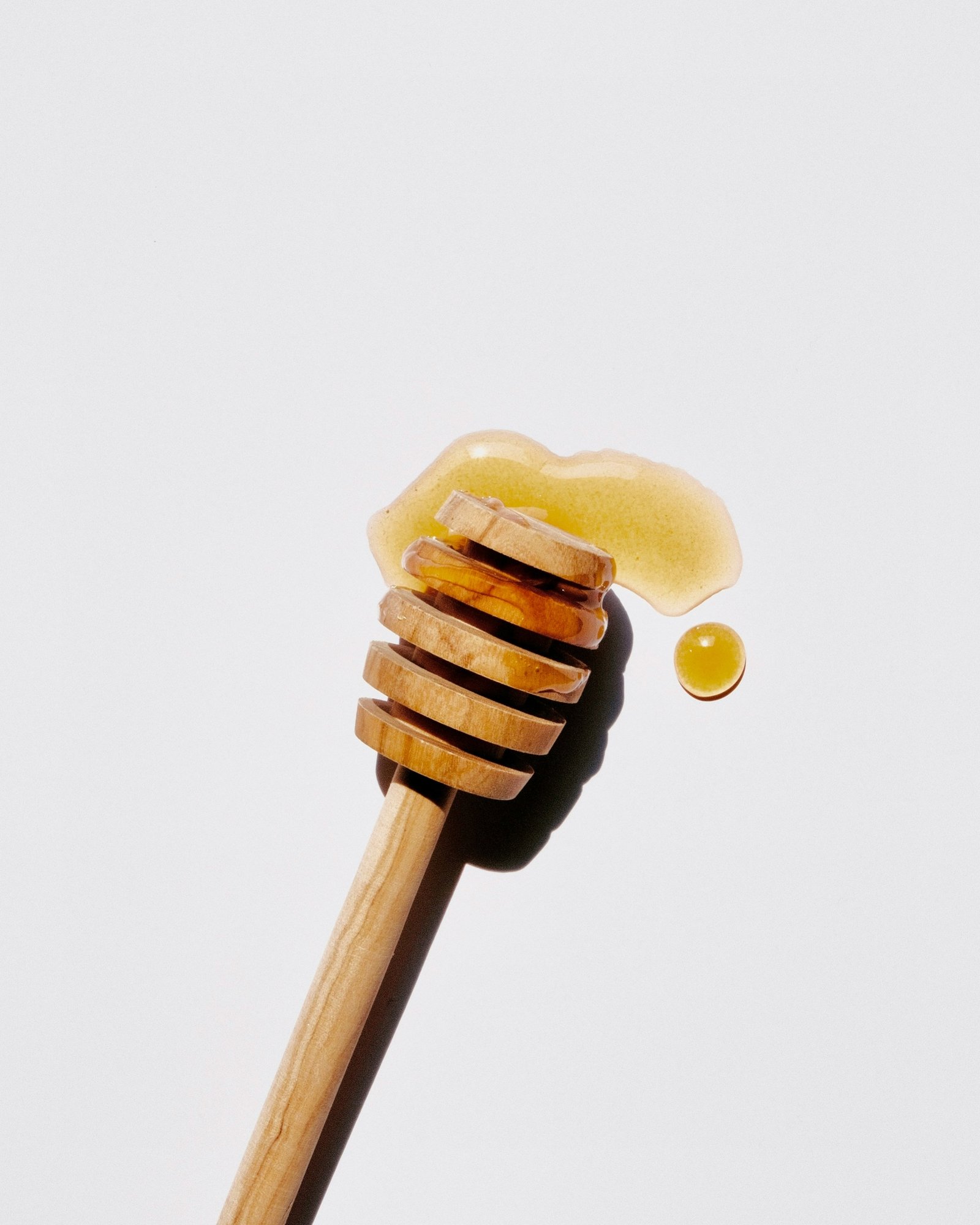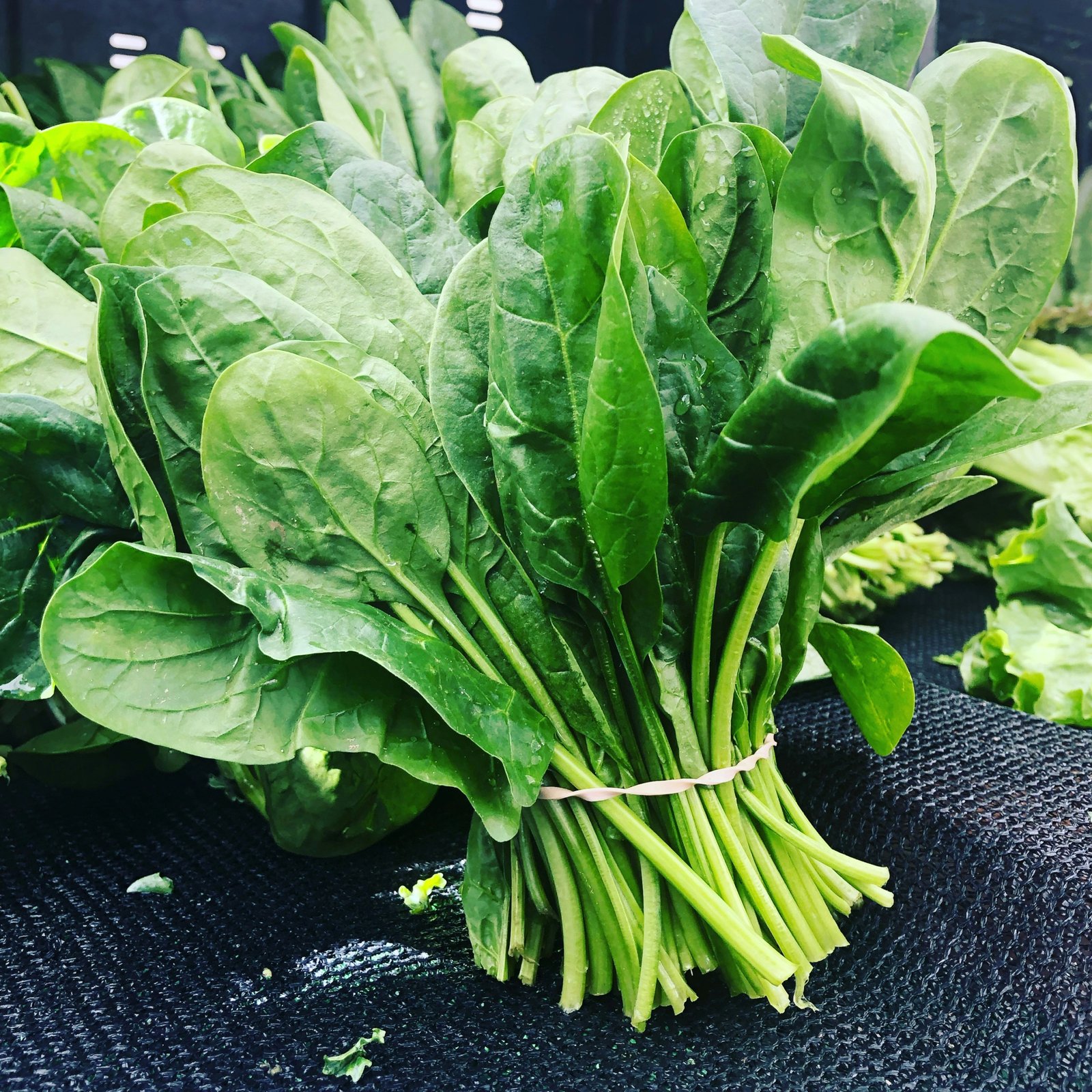
The Benefits of Barley Water for Kidney Stone Removal
Understanding Kidney Stones
Kidney stones are hard mineral and salt deposits that form within the kidneys, a process known as nephrolithiasis. They develop when the urine becomes concentrated, allowing minerals to crystallize and stick together. The formation of kidney stones can be attributed to several factors, including the composition of an individual’s diet, hydration levels, and genetic predisposition. Understanding the types of kidney stones is crucial, as they can vary in composition and size.
There are four primary types of kidney stones: calcium stones, uric acid stones, struvite stones, and cystine stones. Calcium stones, primarily made of calcium oxalate or calcium phosphate, account for the majority of kidney stone cases. Uric acid stones form when there is too much uric acid in the urine, often associated with a diet high in purines, which are found in certain meats and seafood. Struvite stones can develop as a result of urinary tract infections, while cystine stones are rare and occur in individuals with a rare genetic disorder that leads to excessive cystine in the urine.
Common symptoms of kidney stones include severe pain in the back or side, nausea, vomiting, and frequent urination. This pain typically manifests when the stones move or obstruct the urinary tract, leading to complications that may require medical intervention. Risk factors that contribute to kidney stone formation include dehydration, dietary habits (such as high sodium and protein intake), obesity, and a family history of kidney stones. Adequate hydration is essential in diluting the substances in urine that can lead to stone formation, thereby minimizing the risk.
Awareness of kidney stones and their associated factors is vital for prevention and management. Individuals can adopt lifestyle changes, including improved hydration and dietary adjustments, to lower their risk of developing these painful conditions.
What is Barley Water?
Barley water, a nutrient-rich beverage derived from barley grains, has been consumed for centuries across various cultures, valued for its health benefits and culinary versatility. The preparation of barley water involves cooking hulled or pearl barley in water, allowing the grains to release their nutrients. Once the cooking process is complete, the mixture is strained to separate the liquid from the barley grains, resulting in a light, refreshing drink. This process not only enhances its palatability but also makes it easy to incorporate into daily dietary routines.
The nutritional profile of barley water is impressive, as it is packed with essential vitamins and minerals that contribute to overall health. Barley itself is a good source of dietary fiber, which aids digestion and plays a role in maintaining heart health. Additionally, barley water contains significant amounts of B vitamins such as niacin, riboflavin, and vitamin B6, which are crucial for energy metabolism and neurological function. The presence of minerals like magnesium, potassium, and calcium supports bodily functions, including muscle contraction and nerve transmission, making barley water a beneficial choice for hydration.
Moreover, barley water is rich in antioxidants, including phenolic acids and flavonoids, which help combat oxidative stress and support overall well-being. These compounds are known for their anti-inflammatory properties, which can promote kidney health by reducing the risk of kidney stones and other urinary tract issues. Traditionally, barley water has been used in various cultures as a remedy for ailments such as dehydration, digestive disorders, and urinary conditions, underscoring its longstanding popularity as a health drink. Today, its reputation as a beneficial beverage continues to grow, making it an excellent addition to health-conscious diets.
How Barley Water Helps in Removing Kidney Stones
Barley water, a nutrient-rich beverage made from soaked and boiled barley grains, plays a significant role in the prevention and removal of kidney stones. Its unique composition offers multiple health benefits, particularly for individuals susceptible to kidney stone formation. One of the primary advantages of barley water is its hydrating properties. Adequate hydration is crucial for kidney health, as it helps flush out toxins and dilute waste products in the urinary tract, thereby reducing the risk of stone formation. By consuming barley water regularly, individuals can enhance their fluid intake and promote optimal kidney function.
In addition to its hydrating effects, barley water possesses alkalizing properties. Kidney stones often develop due to an imbalance in the body’s acidity levels. Barley water can help maintain a more alkaline environment in the body, potentially minimizing the risk of crystals forming in the kidneys. This alkalizing effect may aid in dissolving existing calcium oxalate stones, one of the most common types found in kidney stone sufferers. Scientific studies have indicated that increasing dietary intake of alkaline-forming foods and beverages, such as barley water, can positively influence urine pH levels, subsequently reducing the likelihood of kidney stone occurrence.
Anecdotal evidence supports the effectiveness of barley water in managing kidney stones. Many individuals have reported positive outcomes after incorporating barley water into their diet, noting improvements in symptoms and a decrease in stone formation. Its rich nutritional profile, containing essential vitamins and minerals, further supports kidney health. While scientific research on barley water specifically for kidney stones is limited, the existing studies on its diuretic and anti-inflammatory properties suggest that it may indeed offer considerable benefits for those affected by this condition.
How to Incorporate Barley Water into Your Diet
Incorporating barley water into your daily routine can be a simple yet effective way to harness its benefits for kidney stone removal and overall health. Making barley water at home allows you to enjoy this nourishing drink while ensuring quality and freshness. To prepare barley water, start with half a cup of whole barley, thoroughly rinsing it under running water. Place the barley in a pot and add about four cups of water. Bring the mixture to a boil, then reduce the heat and let it simmer for about 30 to 40 minutes until the water has turned a pale golden color and the barley is soft. Strain the liquid, allowing it to cool before serving.
Barley water can be enjoyed warm or chilled, based on your preference. It can be served plain, but enhancing its flavor is also encouraged. Consider adding natural sweeteners like honey or jaggery, along with a squeeze of lemon juice for an invigorating taste. Additionally, you can incorporate herbs such as mint or basil to elevate the flavor profile while doubling as a refreshing drink.
Integrating barley water into meals is another practical option. For breakfast, consider using barley water as a base for smoothies or pairing it with cereals or oatmeal. It also makes an excellent hydration option during workouts or hot days, serving as a nutritious alternative to sugary sports drinks.
For optimal results, it is recommended to consume about one to two glasses of barley water daily. However, it’s important to talk to a healthcare provider if you have specific health conditions, such as renal issues or are pregnant, to ensure this drink is suitable for you. Most importantly, listen to your body and adjust your barley water intake accordingly, observing how it affects your health.










Leave a Reply